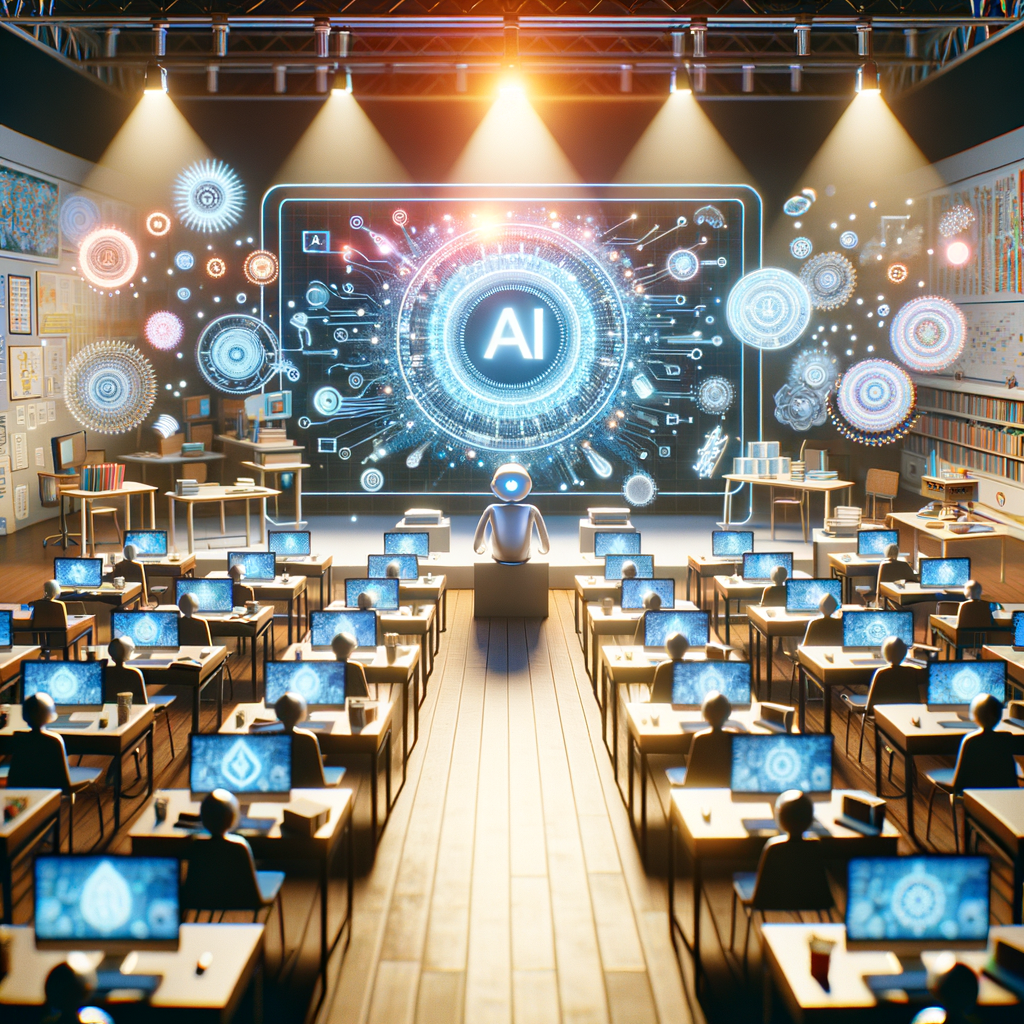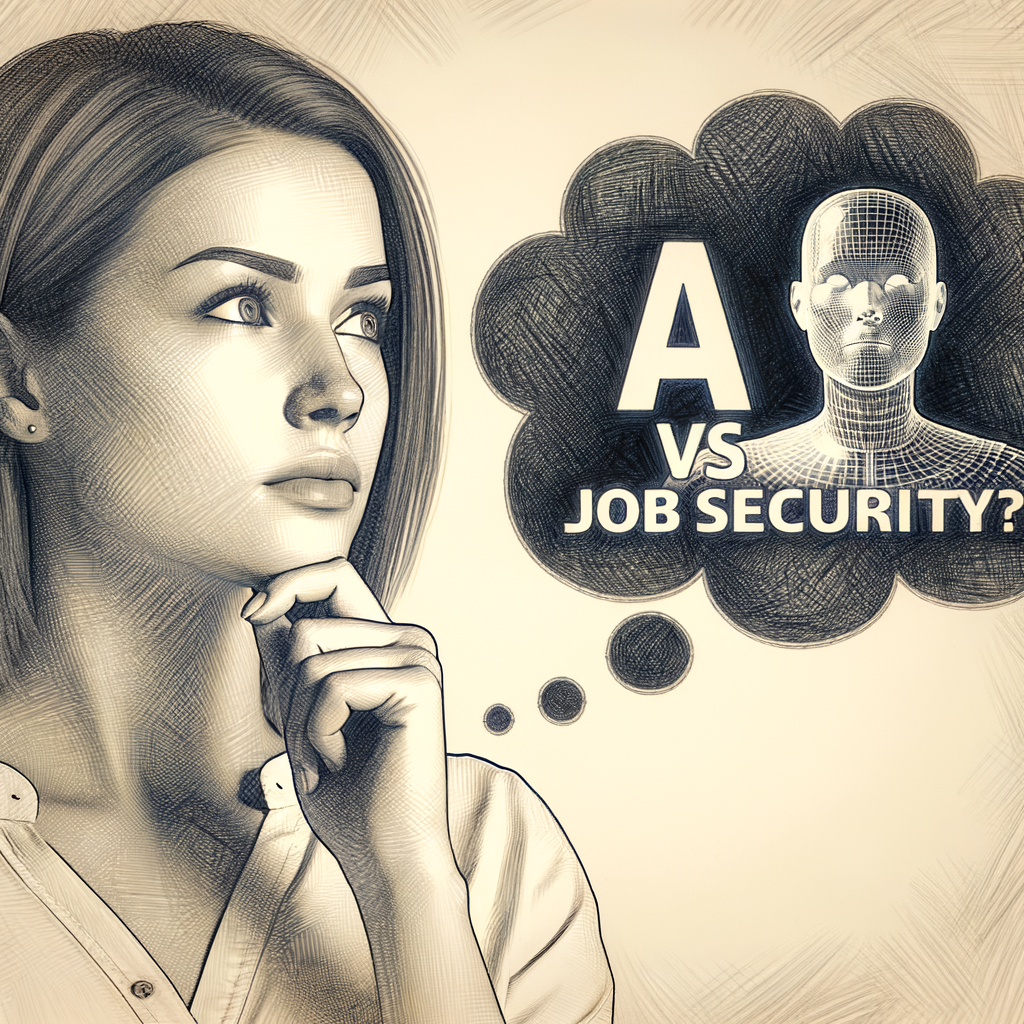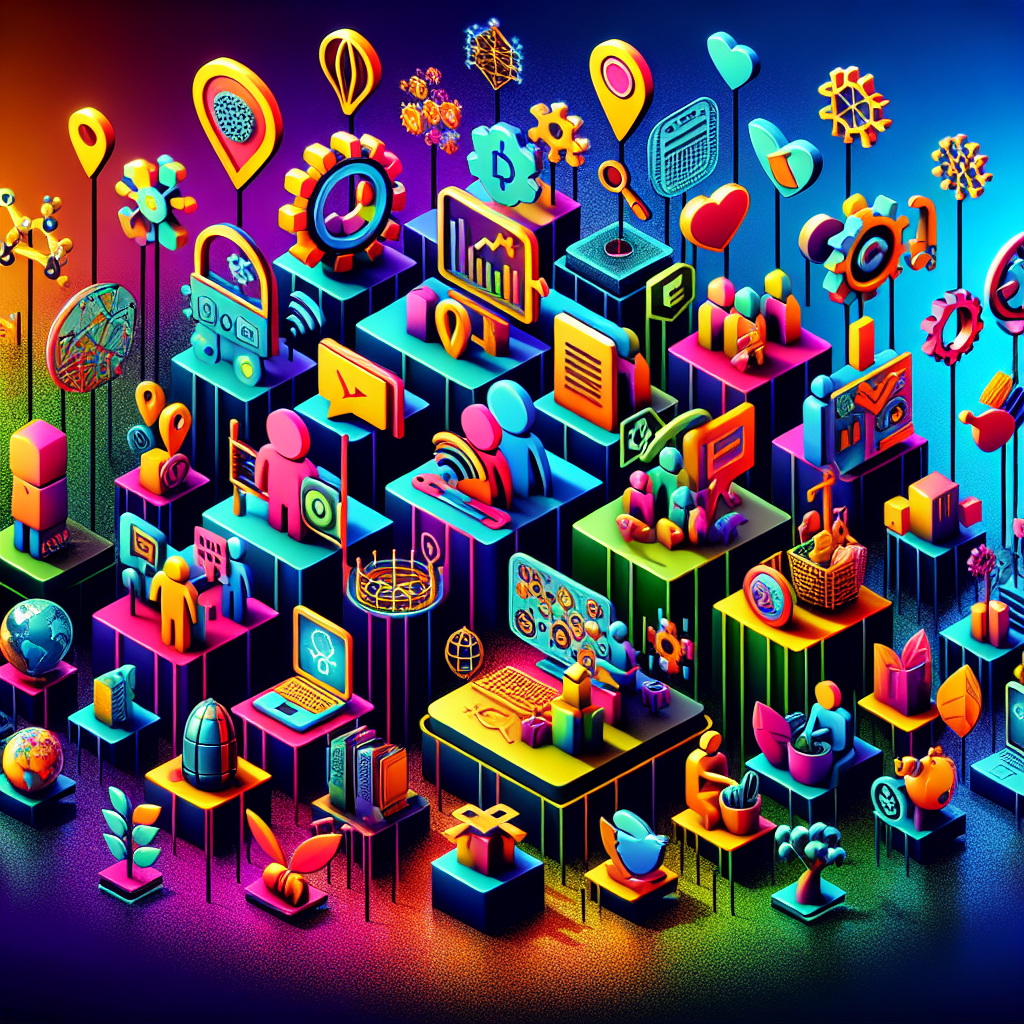
Introduction
Education is undergoing a significant transformation, driven by the integration of technology into learning processes. Among the most impactful advancements is generative AI, which is reshaping the way we think about personalized learning. This article delves into how generative AI is revolutionizing education, enabling tailored learning experiences, and paving the way for the future of education.
Index
- Introduction
- The Evolution of Personalized Learning
- The Shift from Traditional to AI-Powered Learning
- Key Benefits of AI in Education
- How Generative AI Personalizes Learning
- Data Collection and Analysis
- Content Generation
- Real-Time Feedback and Adjustment
- Case Studies: Generative AI in Action
- Squirrel AI Learning
- Carnegie Learning’s AI Tutor
- Microsoft’s Personalized Learning Initiative
- The Future of Generative AI in Education
- AI-Driven Virtual Classrooms
- Lifelong Learning and Skill Development
- Ethical Considerations and Data Privacy
- Conclusion
The Evolution of Personalized Learning
Personalized learning is not a new concept. Educators have long sought to tailor their teaching methods to meet the individual needs of students. However, traditional methods have been limited by the scalability and resources required to truly customize learning for each student. Generative AI changes the game by providing the tools to offer individualized instruction at scale.

The Shift from Traditional to AI-Powered Learning
In traditional educational settings, a one-size-fits-all approach often leaves some students behind while others are not sufficiently challenged. Generative AI addresses this issue by analyzing vast amounts of data related to each student's learning style, pace, and comprehension level. By doing so, it can create customized learning paths that adapt in real-time, ensuring that every student progresses according to their unique needs.
Key Benefits of AI in Education
The application of generative AI in education brings numerous benefits, including:
-
Adaptive Learning Paths: AI-driven systems can adapt lessons in real-time based on a student’s performance, providing additional resources for concepts that are difficult to grasp and advancing quickly through topics the student has mastered.
-
Enhanced Engagement: Personalized content keeps students more engaged. By delivering material that aligns with a student’s interests and learning preferences, AI helps maintain motivation and interest.
-
Efficient Use of Resources: Teachers can leverage AI to automate routine tasks like grading and tracking progress, freeing up time for more personalized interaction with students.
How Generative AI Personalizes Learning
Generative AI leverages complex algorithms and machine learning models to create unique learning experiences for each student. These systems are designed to analyze data inputs and generate outputs that are specifically tailored to the needs of the user.
Data Collection and Analysis
The foundation of AI-driven personalized learning lies in data. AI systems collect data from various sources, including student assessments, behavior, and interaction with educational content. This data is then analyzed to identify patterns, strengths, weaknesses, and preferences.
Content Generation
Based on the analyzed data, generative AI can create custom learning materials. This includes generating questions, exercises, and even interactive simulations that match the student’s learning style. For example, a student struggling with a particular math concept might receive additional visual aids or practice problems to reinforce their understanding.
Real-Time Feedback and Adjustment
Generative AI systems provide instant feedback, allowing students to learn from their mistakes immediately. Moreover, the AI continuously adjusts the learning path based on the student's progress, ensuring that the educational experience remains dynamic and responsive.
Case Studies: Generative AI in Action
Several educational institutions and tech companies have already begun implementing generative AI to personalize learning. These case studies highlight the effectiveness and potential of this technology.
Squirrel AI Learning
Squirrel AI, a Chinese education company, has successfully integrated generative AI into its tutoring system. The AI-driven platform assesses students’ abilities in real-time and adjusts the curriculum accordingly. This approach has led to significant improvements in student performance, particularly in areas where traditional methods have failed.
Carnegie Learning’s AI Tutor
Carnegie Learning, a leading education technology company, developed an AI tutor that uses generative algorithms to provide personalized math instruction. The tutor adapts lessons based on each student’s pace and understanding, ensuring that every learner receives the support they need to succeed.
Microsoft’s Personalized Learning Initiative
Microsoft has also made strides in using AI to enhance education. Their personalized learning initiative leverages generative AI to create individualized learning experiences for students. By analyzing data from various educational tools, the system generates customized content and feedback, helping students achieve better outcomes.
The Future of Generative AI in Education
The future of generative AI in education is promising, with ongoing developments expected to further enhance its capabilities. Here’s a glimpse of what’s to come:

AI-Driven Virtual Classrooms
The concept of AI-driven virtual classrooms is gaining traction. These environments, powered by generative AI, could offer immersive, personalized learning experiences that adapt to students in real-time. Imagine a virtual classroom where the content, pace, and even the teaching method adjust automatically to suit each student’s needs.
Lifelong Learning and Skill Development
Generative AI is not limited to K–12 or higher education; it also holds potential for lifelong learning and skill development. As the job market evolves, continuous learning becomes essential. AI can help individuals stay competitive by providing personalized courses and training programs that adapt to their career goals and current skill levels.
Ethical Considerations and Data Privacy
As with any technological advancement, the use of generative AI in education raises ethical questions, particularly concerning data privacy. Ensuring that student data is used responsibly and securely is paramount. Developers and educators must work together to establish guidelines that protect students while maximizing the benefits of AI-driven education.
Summary and Conclusion
Generative AI is revolutionizing education by enabling personalized learning at an unprecedented scale. Through adaptive learning paths, real-time feedback, and customized content generation, AI is transforming how students engage with their education. Real-world case studies demonstrate the effectiveness of AI in improving student outcomes, while the future promises even more exciting developments like AI-driven virtual classrooms and lifelong learning opportunities.
However, as generative AI becomes more integrated into education, ethical considerations such as data privacy must be addressed. By balancing innovation with responsibility, educators and developers can ensure that AI-driven learning enhances educational experiences for all students.
In conclusion, generative AI holds the potential to fundamentally change how we approach education, making learning more personalized, engaging, and effective. As technology continues to evolve, it will play a crucial role in shaping the future of education, offering new possibilities for both students and educators alike.

